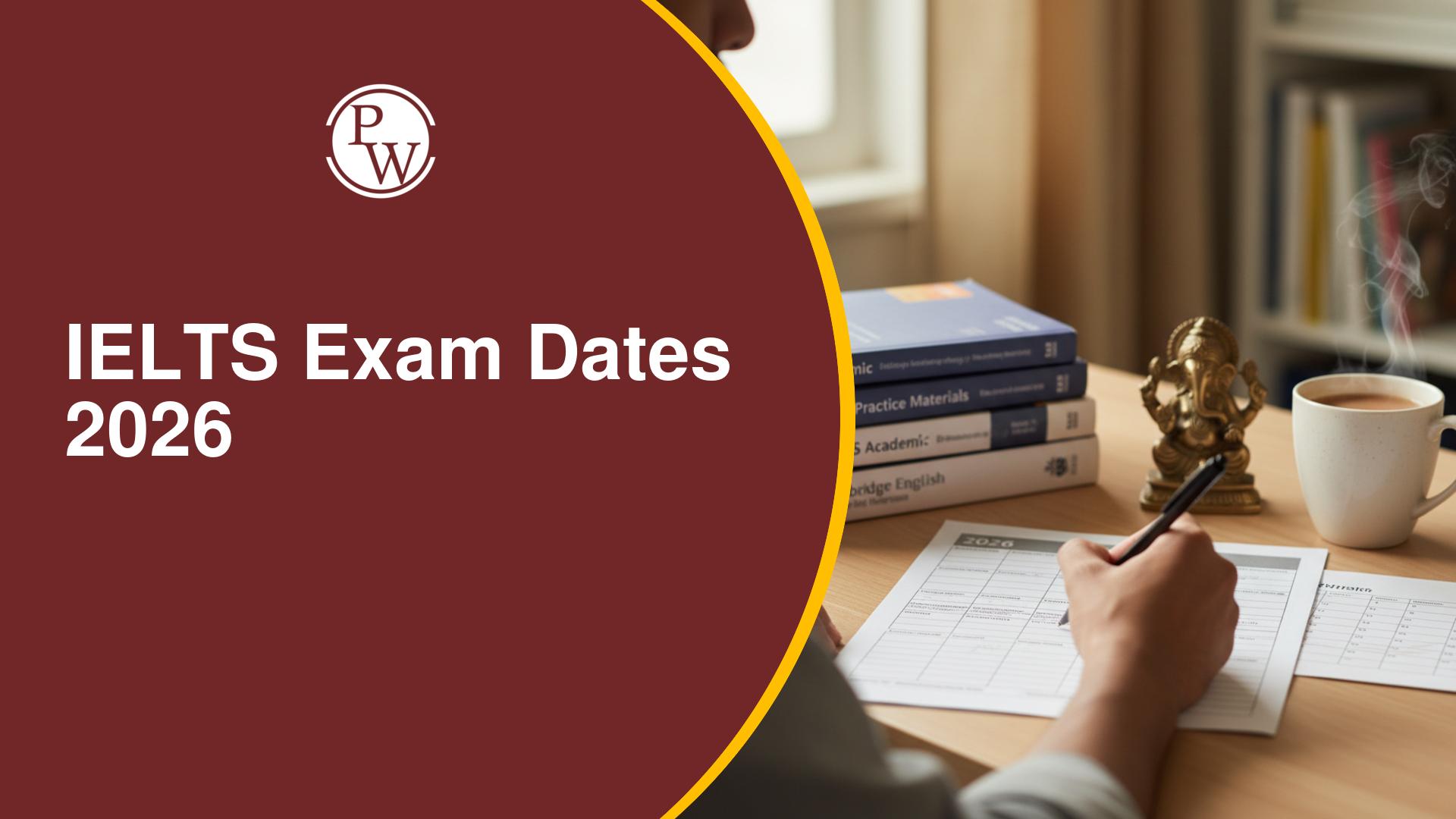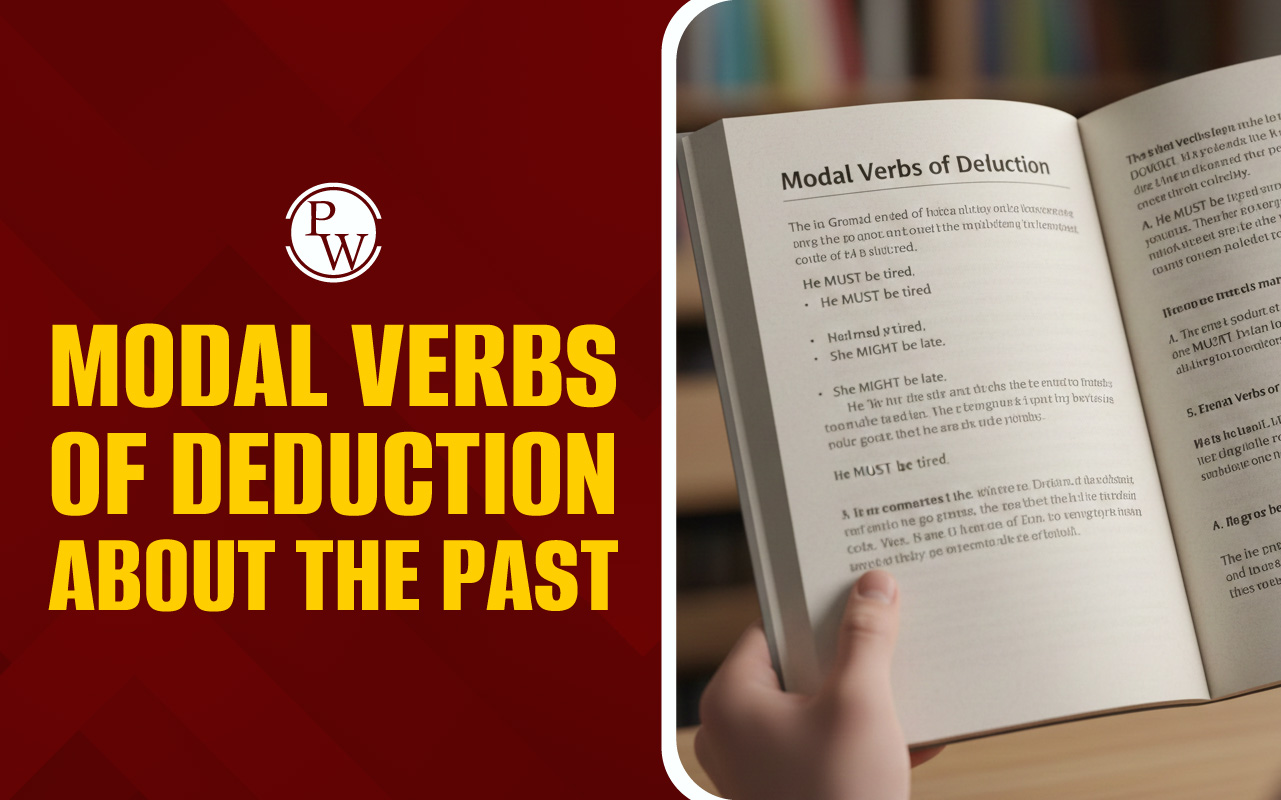
IELTS Speaking Part 1 Tips : IELTS Speaking Part 1 may seem easy, but many students find it difficult because of nervousness. This part of the test is your first interaction with the examiner. It helps set the mood for the entire speaking session.
In Part 1, the examiner asks personal questions. These are usually about your home, work, studies, or hobbies. The questions are simple, but your answers should be clear and natural. Speaking confidently and fluently will help you perform better.
In this guide, you will learn useful tips for IELTS Speaking Part 1. You will understand what to expect in this part of the test. You will also find simple ways to improve your score.
What Happens in IELTS Speaking Part 1?
Many students struggle with IELTS Speaking Part 1 since they don't know what to expect. The examiner may do or say things that surprise the student, making them even more nervous than they already are. Let’s make sure this doesn’t happen to you. Here's what typically happens:
- The examiner welcomes you to the room.
- The audio recorder is switched on.
- You are asked to confirm your identity.
- You provide your full name.
- You are asked 2–3 warm-up questions (on work, study, hometown, etc.).
These initial questions are designed to get you speaking comfortably and to ease into the interview. Answer them clearly and confidently.
IELTS Speaking Part 1 Tips
If you're aiming for a high score in Part 1 of the IELTS Speaking test, it's essential to understand how to present yourself confidently and respond appropriately. Here are ten key steps to help you prepare and perform effectively in this section.
1. Respond Confidently When Called
As the examiner calls your name or candidate number, respond politely and confidently. You can say something like:
“Yes, that’s me.”
Approach the examiner with a friendly smile and greet them with a simple "Hello" or "Hi, how are you?" This sets a positive tone right from the start.
2. Take Your Seat Calmly
Once you're invited to sit, take a deep breath and settle yourself at the table. The examiner will already be recording and preparing documents.
Place your passport on the table in front of you, as it will be required shortly. Maintaining a calm and positive attitude helps reduce initial nervousness.
3. Introduction and Basic Questions
The examiner will begin by confirming your identity and asking a few introductory questions, such as your full name and where you're from. Keep your answers brief but polite:
“I’m from India.”
“I come from Kerala, a state in the south of India.”
Keep your tone friendly and natural.
4. Present Your ID Gracefully
When asked to show your ID, make sure your passport is open to the photo page and easy to access. Hand it over politely, saying:
“Yes, here you go.”
This small gesture shows attentiveness and respect.
5. Expect Questions About Work or Study
You'll usually be asked whether you work or study. Choose one area only, even if you do both, to keep your answer focused.
“I’m currently working as a software developer.”
“I’m pursuing a Bachelor’s degree in Computer Science.”
Avoid mixing both unless asked.
6. Match Your Answer with the Right Tense
Pay close attention to the verb tense used by the examiner. Your answer should align with it.
-
Present tense:
Q: "What do you research?"
A: "Currently, I’m researching writing systems and human cognition." -
Past tense:
Q: "What did you research?"
A: "During my final year, I researched renewable energy solutions for rural areas." -
Future tense:
Q: "What will you research?"
A: "I plan to focus on environmental sustainability in my future studies."
7. Be Ready for Common Topics
Prepare to speak about familiar topics such as:
-
Your job or academic background
-
Your achievements
-
Your hometown or country
-
Your future goals
Use a variety of linking words and cohesive devices like “in addition,” “also,” “because,” and “for example” to make your answers well-connected and fluent.
8. Speak Clearly and Naturally
To improve your pronunciation and clarity:
-
Open your mouth fully while speaking.
-
Don’t rush or speak too slowly.
-
Smile slightly—it helps relax your face and improves enunciation.
-
Use a natural rhythm and intonation, and stress key words to highlight important ideas.
9. Keep Answers Short but Meaningful
Part 1 questions are not meant for long speeches. Aim for 2–3 sentences per answer, offering a little detail while staying relevant.
Q: “Do you live in a house or an apartment?”
A: “I live in an apartment with my parents. It’s on the fourth floor and has a great view of the city.”
10. Maintain a Positive and Engaged Attitude
Finally, your body language matters. Sit upright, maintain eye contact, and show genuine interest in the conversation. A positive mindset helps reduce nervousness and builds rapport with the examiner.
| IELTS Speaking Part 2 Tips | IELTS Speaking Part 3 Tips |
Basic IELTS Speaking Part 1 Tips
Here are some of the most important IELTS Speaking Part 1 tips given below:Guidance of PW IELTS
Physics Wallah offers multiple online IELTS courses for all students. Follow the IELTS pages to better prepare for the exam.
| What is IELTS Exam? | Documents Required for IELTS Registration |
| IELTS exam eligibility requirements | IELTS Exam Fees |
| IELTS test results | IELTS Exam Pattern |
IELTS Speaking Part 1 Tips FAQs
Q1 - How can I do well in IELTS speaking part 1?
Q2 - How to answer IELTS speaking part 1?
Q3 - How long is Part 1 Speaking IELTS?
Q4 - How to start speaking part 1 IELTS?
Q5 - How to introduce in the speaking test?
Q6 - What happens if I don't speak for 2 minutes in IELTS?
Q7 - How to predict IELTS Speaking score?
Q8- How to get 9 bands in speaking?







